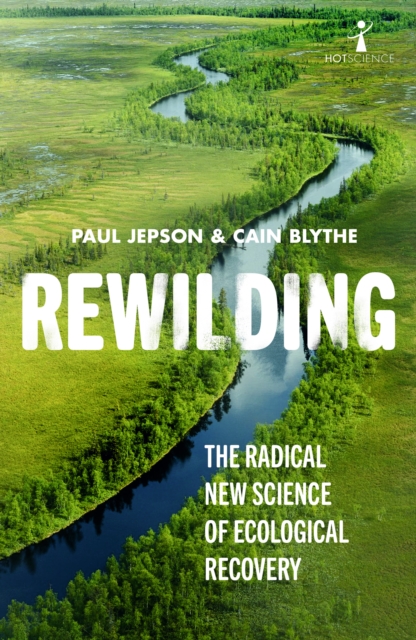Rewilding : The Radical New Science of Ecological Recovery
£8.99
‘A hugely useful and fascinating resume of rewilding – what it means, where it came from, why it’s important and where it’s going. Jepson and Blythe have done a masterly job, explaining the science behind rewilding in an accessible, honest and compelling way. It deserves to be widely read and become a book of great influence.’ Isabella Tree, author of Wilding ‘Compelling …
[a] succinct and objective account’ Financial TimesRewilding is the first popular book on the ground-breaking science behind the restoration of wild nature. As ecologists Paul Jepson and Cain Blythe show, rewilding is a new and progressive approach to conservation, blending radical scientific insights with practical innovations to revive ecological processes, benefiting people as well as nature. Its goal is to restore lost interactions between animals, plants and natural disturbance that are the essence of thriving ecosystems.
With its sense of hope and purpose, rewilding is breathing new life into the conservation movement, and enabling a growing number of people – even urban-dwellers – to enjoy thrilling wildlife experiences previously accessible only in remote wilderness reserves. ‘De-domesticated’ horses galloping across a Dutch ‘Serengeti’; beavers creating wetlands in the British countryside; giant tortoises restoring the wildlife of the Mauritian islands; perhaps one day even rhinos roaming the Australian outback – rewilding is full of exciting and inspirational possibilities.
Out of stock





Reviews
There are no reviews yet.